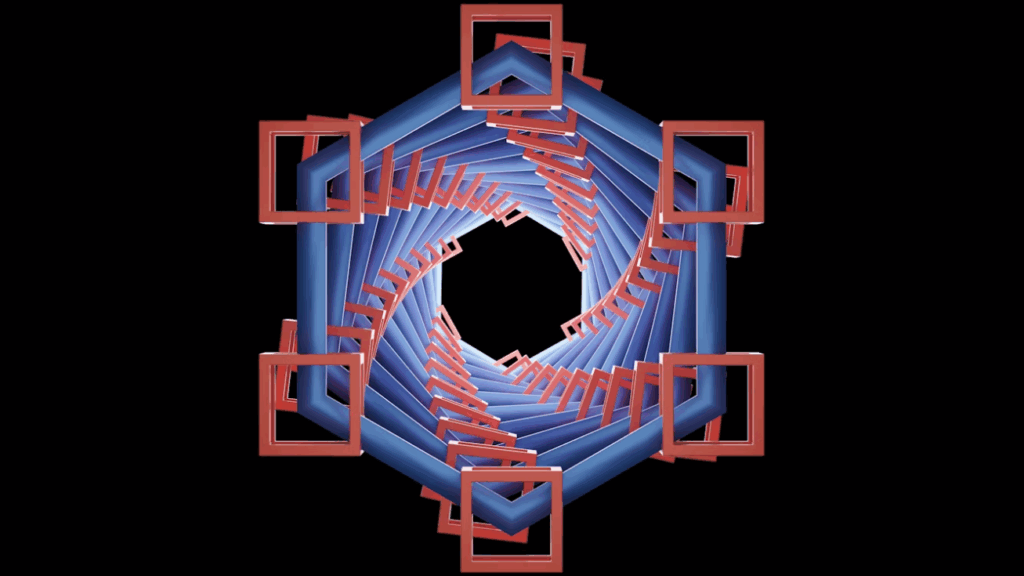Smart contracts represent one of the most significant innovations in the blockchain ecosystem. At their core, smart contracts are self-executing programs that run on a decentralized network and enforce predefined conditions automatically. Unlike traditional agreements that require intermediaries such as lawyers or financial institutions to validate and enforce terms, smart contracts rely on code to execute obligations once specific criteria are met.
The functioning of a smart contract is relatively straightforward. Each contract is written in code and deployed on a blockchain. When the preprogrammed conditions are satisfied, the contract triggers specific actions, such as transferring digital assets from one party to another. For example, a smart contract for a rental agreement could automatically release a digital key to a tenant once payment is confirmed, removing the need for manual approval.
One of the major advantages of smart contracts is their transparency and immutability. Because the code resides on a blockchain, it is visible to all participants, making the terms clear and auditable. Once deployed, the contract cannot be altered, ensuring that both parties have confidence in the process. This reduces the risk of fraud, disputes, and delays.
Smart contracts are widely used across industries. In finance, they facilitate decentralized lending and automated settlements. In supply chain management, they enable real-time verification of goods as they move from producers to retailers. Even sectors such as healthcare and real estate are exploring smart contracts for secure data sharing and automated property transfers.
Despite their benefits, smart contracts come with challenges. Coding errors can lead to vulnerabilities, and once deployed, mistakes are difficult to correct. Additionally, legal frameworks for smart contracts are still evolving, as most jurisdictions require human-readable agreements alongside digital execution. Nevertheless, the potential of smart contracts to reduce costs, speed up processes, and enhance trust continues to drive innovation in this field.

